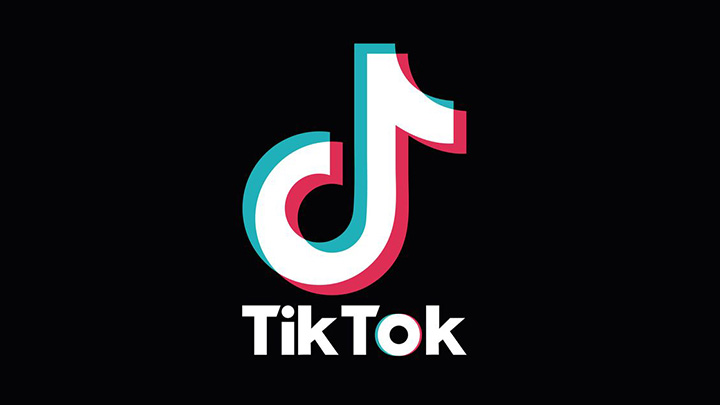TikTok has rebuffed reports suggesting that its US operations could be sold to Elon Musk, calling the claims “pure fiction.”
The short-video platform issued a firm response after reports emerged that Chinese officials were considering the move to prevent an impending US ban.
Speculation surged after Bloomberg News and The Wall Street Journal claimed Beijing was exploring backup strategies.
The reports suggested that a sale to Musk, potentially involving a merger with his social media platform X, was among the options being debated.
However, TikTok dismissed these claims, with a spokesperson stating, “We cannot be expected to comment on pure fiction.”
Read More
The US government has set a January 19 deadline for TikTok to restructure its ownership, citing national security concerns over the app’s Chinese ties.
If ByteDance, TikTok’s parent company, fails to comply, the platform faces a nationwide ban under the Protecting Americans from Foreign Adversary Controlled Applications Act.
Despite Beijing’s apparent preference for ByteDance to retain control, insiders suggest contingency plans are being mulled over.
While details of any sale remain vague, analysts speculate that such a deal could involve significant financial and legal manoeuvring, with Musk potentially offloading some assets to finance the acquisition.
TikTok’s legal battle has also reached the US Supreme Court, which is evaluating whether forcing a sale violates free speech protections under the First Amendment.
During last week’s hearing, the court appeared inclined to uphold the ban, posing another challenge to the platform’s survival.
The issue has drawn bipartisan support in Washington, with both Democrats and Republicans voicing concerns about TikTok’s potential to expose Americans’ data to Chinese surveillance.
Outgoing President Joe Biden approved the proposed ban in April, while President-elect Donald Trump, in a surprising shift, has promised to "save" TikTok after once pushing for its removal.
As the clock ticks toward the deadline, the tug-of-war over TikTok’s future continues, raising questions about its role in the tense geopolitical standoff between Washington and Beijing.











